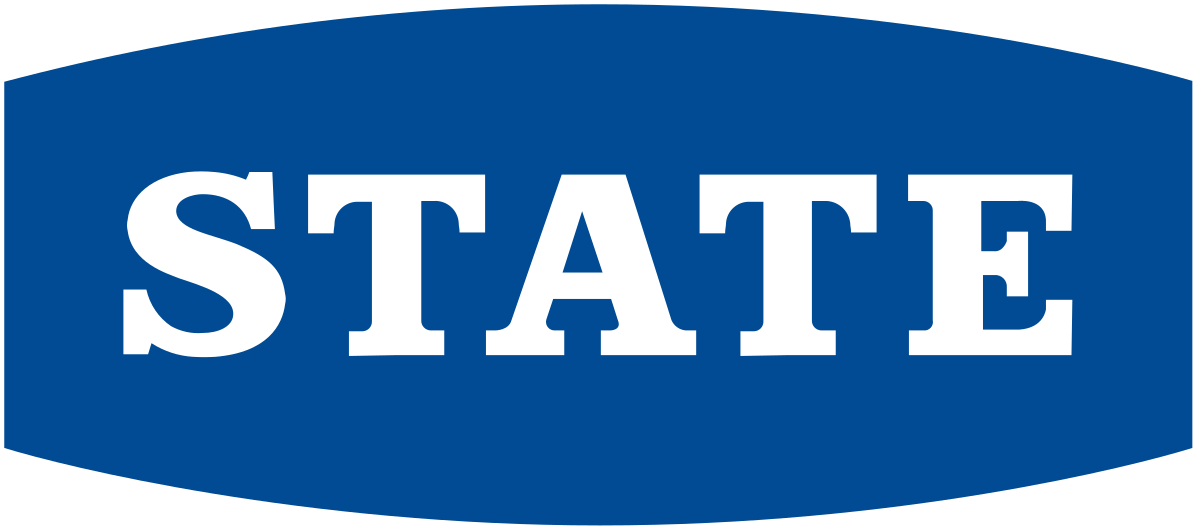KEY POINTS:
- Insurance fraud is any instance when a policy holder submits a false claim.
- Anybody caught submitting a fraudulent insurance claim will face penalties reflecting the size of the fraud, including possible criminal charges.
- The most serious consequence of committing insurance fraud is having your name red-flagged on the Insurance Claims Register (ICR).
- Having a red flag by your name on the ICR can severely restrict your ability to access insurance cover. And this, in turn, can limit your access to motor vehicle finance and home loans.
Last year, in New Zealand, according to the Insurance Fraud Bureau, fraud cost insurance companies $995 million. If you have insurance, this level of criminality will already be costing you more in higher premiums. But if you commit insurance fraud yourself, the consequences could be far more damaging for your financial wellbeing.
Insurance fraud: what is it?
Insurance fraud is any instance when a policy holder submits a false claim. It covers:
- Exaggerating the value of a claim
- Claiming for events or losses that didn’t occur
- Staging a loss, for example a theft or fire
- Misreporting the details surrounding a claim
Insurance companies divide these main types of fraudulent insurance claims into two main categories:
Soft fraud
An opportunistic fraud, for example when a customer adds extra items, or inflates the value of a possession, when making a claim. This could be claiming for a more expensive television after a burglary, or for an item of jewellery that wasn’t stolen.
Hard fraud
A planned and more premeditated fraud that involves submitting an entirely false insurance claim. For example, a person claiming their car has been stolen, when they’ve arranged for it to be taken and destroyed.
Insurance fraud: the penalties
Anybody caught submitting a fraudulent claim will, of course, face penalties. The degree of punishment will reflect the size of the fraud, and penalties include:
- Having the claim denied
- The insurer cancelling all the claimant’s policies
- In serious cases, prosecution by the police
However, the most serious consequence of committing insurance fraud is having your name red-flagged on the Insurance Claims Register, which could jeopardise your entire financial future.
What is the Insurance Claims Register?
The Insurance Claims Register (ICR) is compiled and maintained by the ICNZ. It’s a record of all claims received by ICNZ members stretching back a decade, and it’s there to allow insurers to share data and to monitor and record fraudulent activity.
If you’ve made any type of claim with an insurer over the past 10 years, your name will be on the list. (You can access any of your details held on the register by applying through the ICR website.)
And if you’ve been caught trying to defraud an insurer, that will be on there, too. Which could make life for you very difficult.
Having a red flag by your name on the ICR can severely restrict your ability to access insurance cover. And this, in turn, can severely restrict your access to finance, both motor vehicle finance, and home loans:
No insurance, no car loan
When arranging finance to buy a car, most loan agreements will require you to have comprehensive car insurance for the loan term. This is so the finance company can be assured it will recoup its money should the car be written off or stolen. So no insurance, no car loan!
No insurance, no home loan
When arranging a mortgage, the bank or lender will require proof that the property is adequately insured. If you can’t access home insurance, you can forget about getting a home loan!
While being turned down for a home loan or a car loan is bad enough, if you are caught submitting a fraudulent insurance claim, you could find all your current insurance policies cancelled, with no possibility of arranging cover with another provider. This could lead to you losing your home and your car in one hit.
This was highlighted by an insurance fraud case in Auckland, which you can read about here. After being caught making a fraudulent claim on a car, one insurance customer had all his insurance policies cancelled and his name blacklisted on the ICR. Due to a lack of insurance cover, he then faced the very difficult prospect of refinancing the mortgage on his home.
So if you are thinking about making a fraudulent claim, think again. For if you get caught, you could face very harsh penalties. And even if you get away with it, like every other insurance customer, you’ll still be paying more, in the form of higher premiums.
About the author of this page
Bruce Pitchers is Canstar NZ’s Content Manager. An experienced finance reporter, he has three decades’ experience as a journalist and has worked for major media companies in Australia, the UK and NZ, including ACP, Are Media, Bauer Media Group, Fairfax, Pacific Magazines, News Corp and TVNZ. As a freelancer, he has worked for The Australian Financial Review, the NZ Financial Markets Authority and major banks and investment companies on both sides of the Tasman.
In his role at Canstar, he has been a regular commentator in the NZ media, including on the Driven, Stuff and One Roof websites, the NZ Herald, Radio NZ, and Newstalk ZB.
Away from Canstar, Bruce creates puzzles for magazines and newspapers, including Woman’s Day and New Idea. He is also the co-author of the murder-mystery book 5 Minute Murder.









Share this article